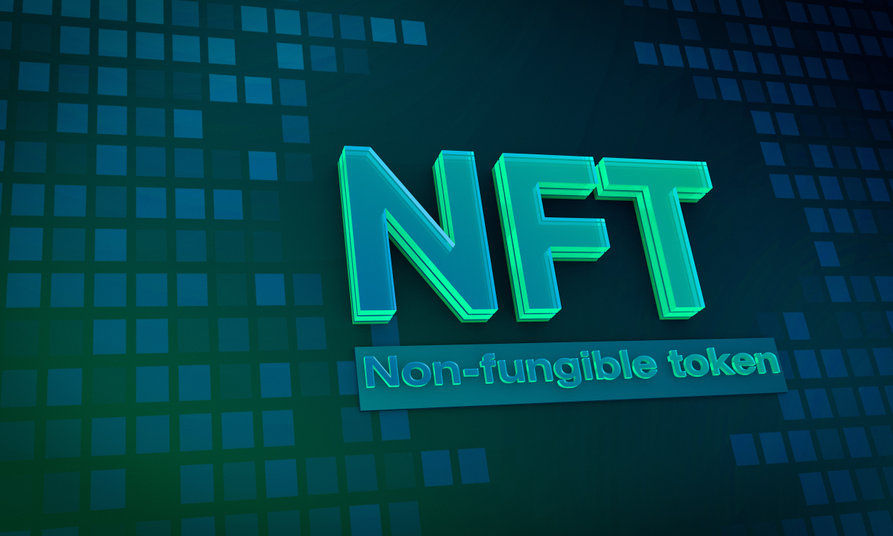Non-fungible tokens (NFTs) gained steam after emerging as an avenue that could help artists monetize their work. However, as the industry continued growing, content creators started facing an entirely different challenge as a new wave of piracy erupted. With NFTs being digital, it has become easier for thieves to steal art and sell it for large sums of money.
Sharing the details of her struggle with piracy, San Antonio-based painter Aja Trier said she has been selling different iterations of Vincent van Gogh’s Starry Night on mugs, mousepads, and pillows for years. Trier pointed out that she caught and stopped multiple people from selling pirated versions of her art on online marketplaces like Amazon over the same period.
However, the rise of NFTs saw the number of people stealing her work surge tremendously. Trier highlighted the case of an unidentified OpenSea user that put up tens of thousands of listings of duplicated versions of her work for sale on the marketplace in the past week. She recalls that 37 NFTs sold before she could convince OpenSea to take down the remaining pieces.
Reliving the ordeal, Trier said,
They just kept taking and remaking them as NFTs. It’s so flagrant. And if it happens to me, it can happen to anyone.
The NFT space grew too fast, outpacing the development of marketplaces
While Trier’s experience might seem like an isolated event, it is worth noting that she is not the only content creator that finds fault with NFTs. While she got OpenSea to take down her stolen art, RJ Palmer, a San Francisco-based artist that designs creatures and monsters, said he gave up issuing takedown requests to NFT marketplaces after it became a daily routine.
Palmer added that the theft of his work got to be too much. While he would initially send emails requesting marketplaces to take down the NFTs, he got tired after it became a daily thing. He added that sending the takedown requests was a taxing task, and it got to a point where he was no longer willing to deal with the issue.
This news comes after data from DappRadar revealed that the NFT market recorded a $25 billion volume in the past year. In comparison, the sector recorded sales worth $94.9 million in 2020. With piracy concerns mounting, it is evident that NFT marketplaces did not have ample time to create systems to cross-check the content that users list.
To help address the piracy problem, DeviantArt, a leading digital art platform, has ramped up efforts to prevent art theft. The platform started using blockchain networks that host NFTs to alert users whenever someone uses a copy of their art to create NFTs. Reportedly, DeviantArt has sent out thousands of alerts since September last year.












